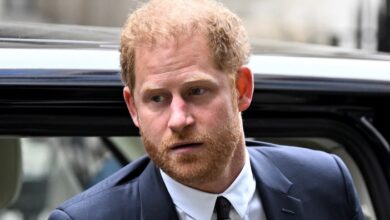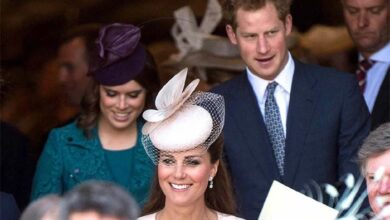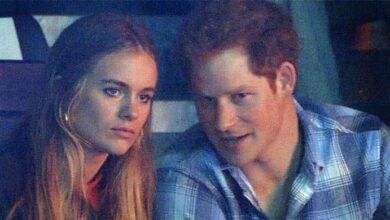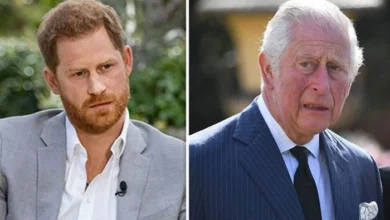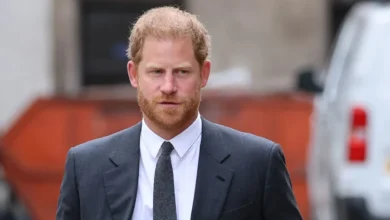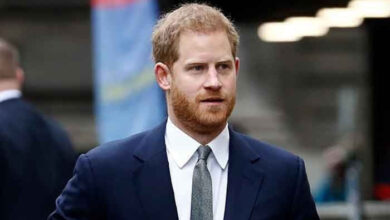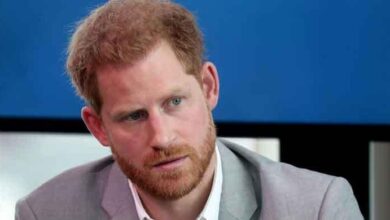King Charles’s Public Snub Leaves Prince Harry Devastated
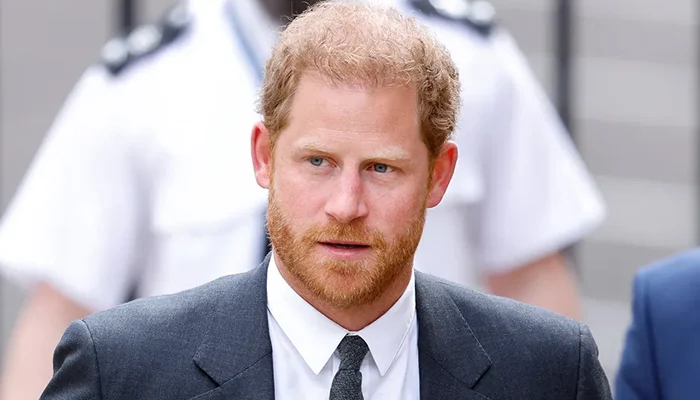
Prince Harry’s recent visit to the UK for the 10th anniversary of the Invictus Games has brought to light the intense personal turmoil he is experiencing, particularly due to his strained relationship with his father, King Charles. Royal expert, commentator, and author Tom Quinn has revealed the profound shock and feelings of overwhelm Harry felt after King Charles refused to see him, despite the two being in close proximity.
During his UK visit, Harry found himself only two to three miles apart from his father. However, King Charles declined to meet him, a decision that deeply affected Harry. Quinn shared, “He was deeply shocked at his father’s blunt refusal to see him even for a moment.” This rejection was particularly painful because it was so public and came at a time when Harry was participating in an event close to his heart.
The Invictus Games, founded by Harry, are a source of pride and a significant part of his identity. The 10th anniversary celebration was an important milestone, and Harry’s dedication to the Games is well-known. Yet, even amidst this significant event, the personal pain of familial rejection cast a shadow over his achievements.
Quinn further elaborated that Harry issued a statement saying he completely understood why his father didn’t have time to see him, but the public and private sentiment were worlds apart. “Everyone knows the real reason had nothing to do with busy schedules,” Quinn emphasized, highlighting the underlying tensions that have persisted within the royal family.
The public nature of the rejection was a blow to Harry. The knowledge that his father’s refusal was not due to logistics but rather personal conflict added to the heartbreak. Harry’s understanding of the situation and his attempts to portray a composed front did little to mitigate the emotional impact of the snub.
This incident is just the latest in a series of public and private struggles that have characterized Harry’s relationship with his family since he and Meghan Markle stepped back from their royal duties. The Duke and Duchess of Sussex’s decision to carve out a life separate from the royal family has been met with mixed reactions, both from the public and within the family itself.
Reports have also indicated that Harry maintains a close bond with his cousins, Princess Eugenie and Princess Beatrice. Despite their support, the ongoing tension with his father and brother, Prince William, remains a significant source of distress. The absence of Beatrice and Eugenie from the Invictus Games event in London further underscored the complex dynamics at play. Royal expert Richard Fitzwilliams suggested that the sisters would not have attended without the King’s approval, which indicates a careful navigation of family loyalty and public perception.
Fitzwilliams noted, “They [Beatrice and Eugenie] would not have been expected to be there because that would have been a sign of a split in the Royal Family. You would have had royals there, some there and not others, that would have been seized on.” This delicate balancing act reflects the broader efforts within the family to manage public appearances and private relationships.
The decision of King Charles not to see Harry, even for a brief moment, has exacerbated the pain of an already strained relationship. For Harry, the rejection was not just a missed opportunity for a private conversation but a public affirmation of the rift that has divided the family.
Read More: Prince William and Kate Middleton Embrace Modern Parenting Techniques
As the Duke of Sussex continues to navigate his new life away from the traditional royal roles, the personal costs of his decisions become increasingly evident. The Invictus Games, a symbol of resilience and triumph over adversity, served as a poignant backdrop to Harry’s personal struggle. The public and private rejections by his father remind us of the human element behind the royal facade, highlighting the emotional toll of the rift within one of the world’s most watched families.
In conclusion, Prince Harry’s experience during the Invictus Games anniversary underscores the deep and ongoing challenges he faces within his family. The public nature of King Charles’s rejection, despite being in close proximity, has amplified the personal pain and highlighted the persistent tensions within the royal family. As Harry continues to forge his path, the emotional costs of these familial conflicts remain a significant part of his journey.
